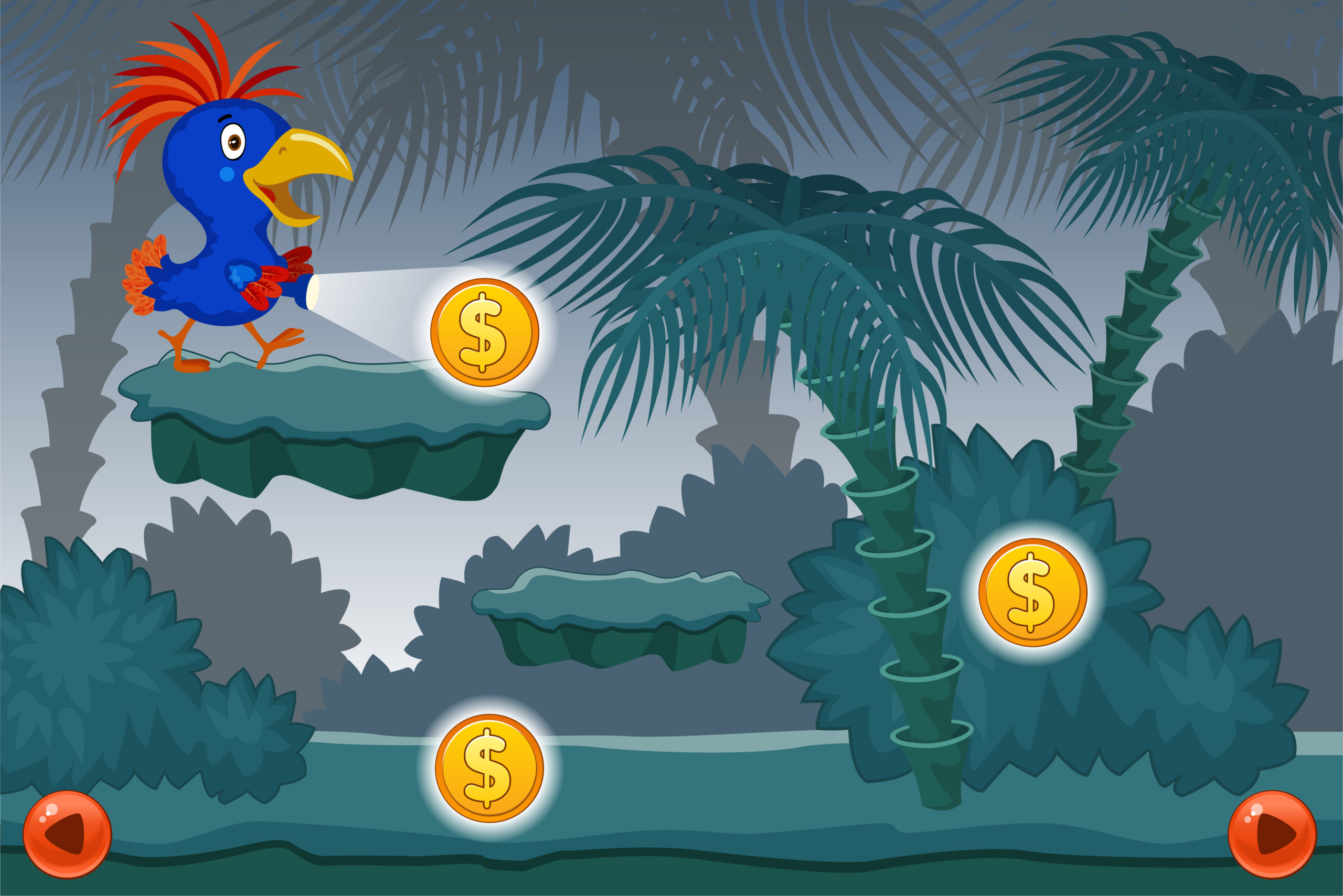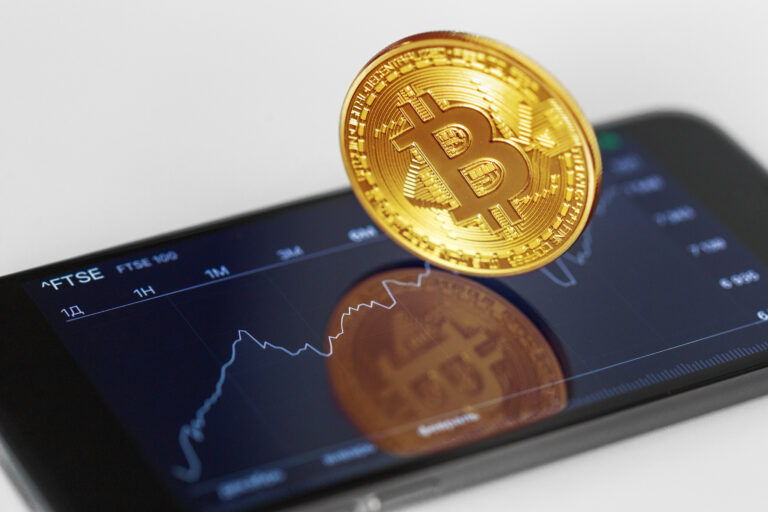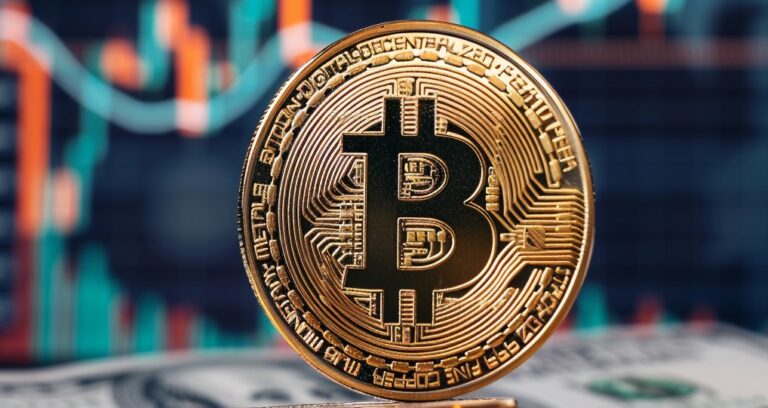Meet the Genius Behind Flappy Bird: The Game’s Original Creator

In early 2014, a simple mobile game took the world by storm. With its minimalist graphics, frustratingly difficult gameplay, and an addictive one-tap mechanic, Flappy Bird became an overnight sensation. It was suddenly everywhere—on phones, in the media, and in social conversations. However, just as quickly as it skyrocketed to fame, the game was pulled from app stores, leaving fans and the gaming industry puzzled. Behind this viral success was a quiet, reserved game developer from Vietnam named Dong Nguyen, the original creator of Flappy Bird.
The Humble Beginnings
Dong Nguyen, born and raised in Hanoi, Vietnam, never set out to create a global phenomenon. In fact, he preferred working in solitude, away from the limelight that many developers seek. Nguyen had a passion for creating simple games, drawing inspiration from the 8-bit games of his childhood, such as Super Mario Bros. and other classic arcade games that had a strong emphasis on timing and skill.
At the time of developing Flappy Bird, Nguyen was working as a game developer for a small studio called dotGEARS, a company he co-founded. His goal was straightforward: to create a casual game that was easy to pick up but difficult to master. The result was Flappy Bird, which he completed in just a few days in mid-2013. The game featured a tiny bird that players controlled by tapping the screen to make it “flap” between a series of green pipes, reminiscent of Mario’s infamous tubes.
The Overnight Success
For months after its release, Flappy Bird sat largely unnoticed on the app store, attracting only a modest number of downloads. But by the end of January 2014, the game suddenly gained traction, driven by a mix of word-of-mouth, social media buzz, and players’ shared frustration over its challenging nature. Soon, Flappy Bird was at the top of both the Apple App Store and Google Play charts, accumulating millions of downloads and receiving over 50,000 reviews.
As the game gained momentum, so did its viral appeal. Gamers across the globe shared their high scores and experiences, often accompanied by complaints about the game’s difficulty. It became something of a badge of honor to score even a few points in Flappy Bird, given how easy it was to fail. The simplistic, addictive gameplay proved to be its greatest asset.
At its peak, Nguyen was reportedly earning $50,000 a day in ad revenue from the game. Despite this newfound wealth and fame, the sudden success took a toll on the soft-spoken developer, who never anticipated or sought the overwhelming attention the game received.
Why Dong Nguyen Pulled the Plug on Flappy Bird
Just as Flappy Bird’s popularity reached its zenith, Nguyen made a shocking decision: he pulled the game from both the App Store and Google Play on February 9, 2014. The internet was abuzz with speculation. Why would someone voluntarily remove a game that was generating such massive revenue and cultural impact?
In a series of tweets, Nguyen explained his reasoning. He admitted that the intense media scrutiny and the pressure that came with Flappy Bird’s success had become too much for him to handle. The fame was unwelcome, and the game, meant to be a casual pastime, was becoming something of an obsession for its players. People were spending hours trying to beat their high scores, sometimes with negative consequences. The simplicity of the game’s design had an unintended side effect—it became almost too addictive.
Nguyen wanted to step away from the limelight and return to his simple life. In an interview with Forbes, he shared how the immense attention from both the press and the public was affecting his mental health, saying, “I cannot take this anymore.” While he acknowledged the financial benefits of Flappy Bird’s success, Nguyen’s well-being took priority.
The Aftermath and Nguyen’s Legacy
After Flappy Bird was removed from app stores, phones with the game installed became prized possessions. Some people even attempted to sell their phones with the game still downloaded on auction sites for exorbitant prices. Fans were left with fond memories of the frustrating yet addictive game, while others lamented the fact that such a phenomenon had been cut short.
Nguyen returned to a quieter life but continued developing games, releasing new titles like Swing Copters and Ninja Spinki Challenges!! through his dotGEARS studio. However, none of these games reached the same level of global success as Flappy Bird, nor did they need to. Nguyen’s philosophy remained focused on creating simple, enjoyable experiences for players, without the pressure of replicating his past success.
Flappy Bird’s Impact on Mobile Gaming
Flappy Bird’s success had a profound impact on the mobile gaming industry. It inspired countless clones and similar games that followed its minimalistic design and challenging gameplay. It also proved that a small, independent developer could create a viral hit without the backing of a large company or a huge marketing budget. In a way, Dong Nguyen’s creation was a trailblazer for indie developers in the mobile space, showing that games with straightforward mechanics could capture the attention of millions.
More broadly, the game highlighted how the viral nature of social media could propel a simple app to unforeseen heights. It was one of the first clear examples of how word-of-mouth, especially in the age of Twitter and YouTube, could make or break a game’s success.
Conclusion
Dong Nguyen, the quiet genius behind Flappy Bird, never sought fame or fortune. His story is a testament to how unpredictable success can be, and how, for some, the pressures of fame are not worth the cost. Despite pulling his game from the market, Nguyen’s legacy lives on in the mobile gaming world. Flappy Bird remains a cultural touchstone, representing both the height of viral gaming and the unique challenges of navigating success in the digital age.
Nguyen’s decision to prioritize his mental health over profit was a bold move, one that many admire. As the creator of one of the most iconic mobile games of all time, Dong Nguyen has earned a place in gaming history—not just for Flappy Bird, but for reminding the world that sometimes, success comes at a price too high to pay.




